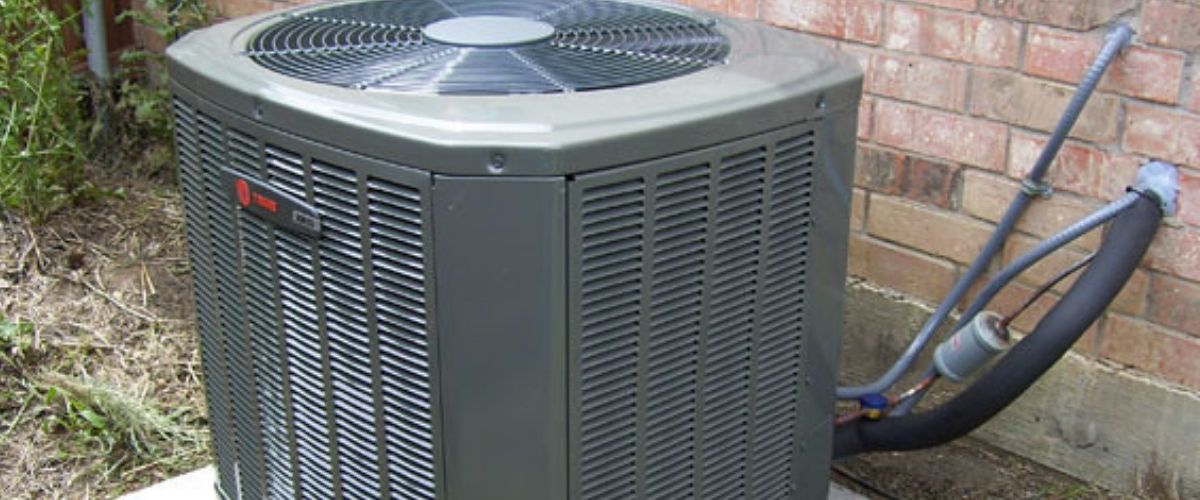
What You Need to Do to Your Air Conditioner Before Summer
May 3, 2021It’s been hot already this year. When the weather forecast starts predicting consecutive days of temperatures above 80, your air conditioner should be in proper condition to ensure efficiency.
If you’re not an HVAC professional, you’re probably wondering what you need to do to your AC unit before summer to make sure it keeps your home cool through summer. Making sure its condenser coils, aluminum fins, blower components, and ducts are clean is the first step. Let’s look at other use and care tips for prepping your central air unit for summer.
What Should I Check on My Home’s AC Unit?
- First, disconnect power to your unit for safety’s sake.
- Check the filters and replace them with new ones if you haven’t done so since last summer.
- Next, confirm that the thermostat triggers the unit to turn on at the desired temperature.
- Next, clean the outdoor components, especially the condenser coils and fins.
Take care while cleaning these components and look for signs of damage. Eventually, your condenser unit will need to be replaced. If it needs to be repaired, you can trust the professional installers at Young’s Home Comfort to match your new condenser unit with your existing system.
A maintenance plan can protect your heating and cooling equipment and keep it running efficiently, longer. We offer several HVAC maintenance plans to provide homeowners in the Perkiomen Valley with routine maintenance. They also receive advantages like priority service and price discounts.
How to Clean an AC Unit So It Runs Better?
Cleaning dirt and dust off certain parts of the air conditioner is one of the first tasks to do before your AC is in full operation this summer. It will help it run more efficiently and likely save you money on your cooling costs.
- Start by cleaning around the unit. Get ide of any leftover autumn leaves around its exterior and remove any vines or debris embedded in the

- outer cage.
- Next, clean the condenser coils and aluminum fins located on the unit outside your home. Carefully remove the “cover” of your AC unit. You’ll likely need to unscrew the top fan assembly so you can clean it from the inside out. Don’t damage anything! Take care not to pull on the wire feeds.
- Look inside the housing and scoop out leaf debris, being careful not to bend the metal fins. Vacuum out any leftover dirt using a wet/dry vacuum cleaner.
- Using a hose, gently spray the fins from the inside out. Don’t use a high-pressure spray on your fins or they will bend. If you are unsure about the spraying pressure, consult an HVAC professional. Although some DIY videos suggest using a spray foam cleaner, we recommend against doing so. Certain products should be diluted, and some pressured spray may be too forceful.
- Finally, rinse the outside of the condenser as well.
If you observe dust and dirt remaining on the components, you should schedule a tune-up service with a professional HVAC technician.
What Should be Left to The Pros When Prepping for AC Use?
We know the internet has given many people useful DIY information. Doing some repairs on your own can help save your money. But when it comes to HVAC, there are some repairs that you shouldn’t attempt unless you’ve been trained.
For example, we encourage you to never clean your own burner. There’s a close relationship between your central air and your furnace, so it is important to have routine maintenance and cleaning done to your furnace. However, you’ll need to properly turn off the electricity or gas to your furnace. Failure to do so properly can be disastrous.
Also, homeowners should never try to replace their own thermostats. Replacing your thermostat requires electrical work, which is best left to professionals. Also, you can’t just purchase a thermostat off the shelf and plug it into your HVAC system. There are various types of thermostats and certain ones work with certain systems. If you install the wrong thermostat, it may not only fail, but it could harm your entire HVAC system. A professional will know which variant works with your existing heating and cooling system and properly install it.
What Should I Do If My Air Conditioner Isn’t Working?
If the central air in your home has quit working or is no longer blower cool air, it’s best to call an HVAC professional. There are a few reasons why an air conditioner stops working, from something small like improper thermostat settings to something more complicated like damaged parts or insufficient coolant. Read My Central Air Isn’t Working, Now What? for more help or contact us to discuss the issue.